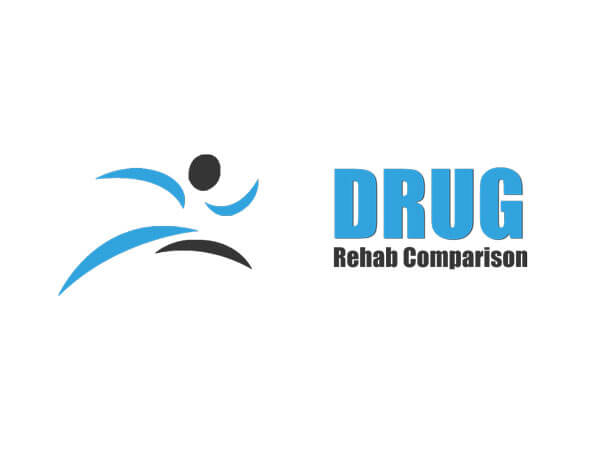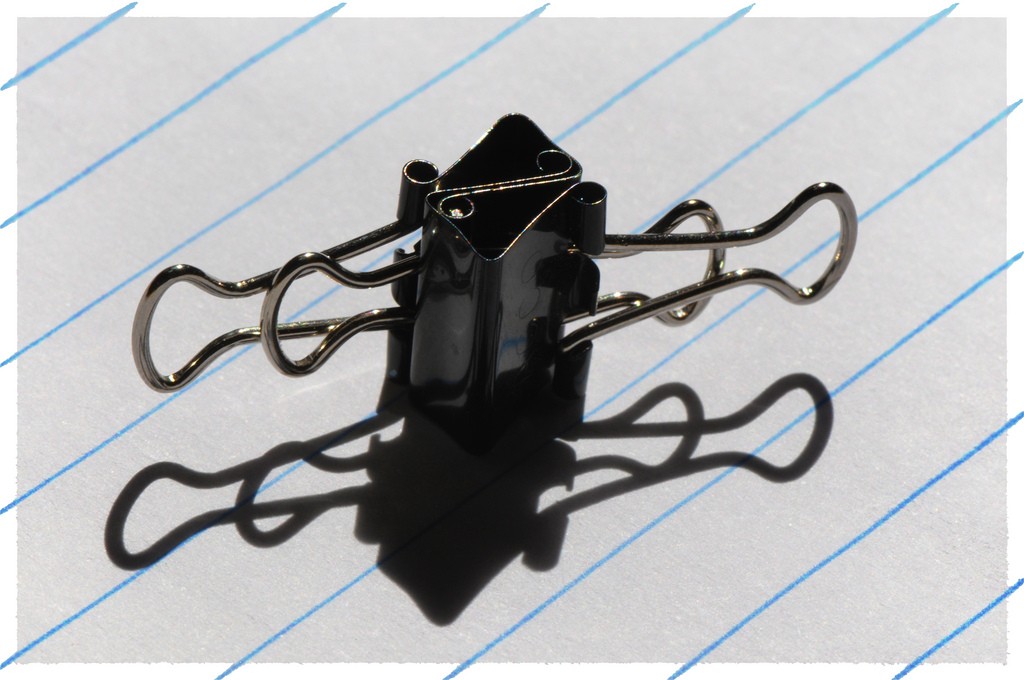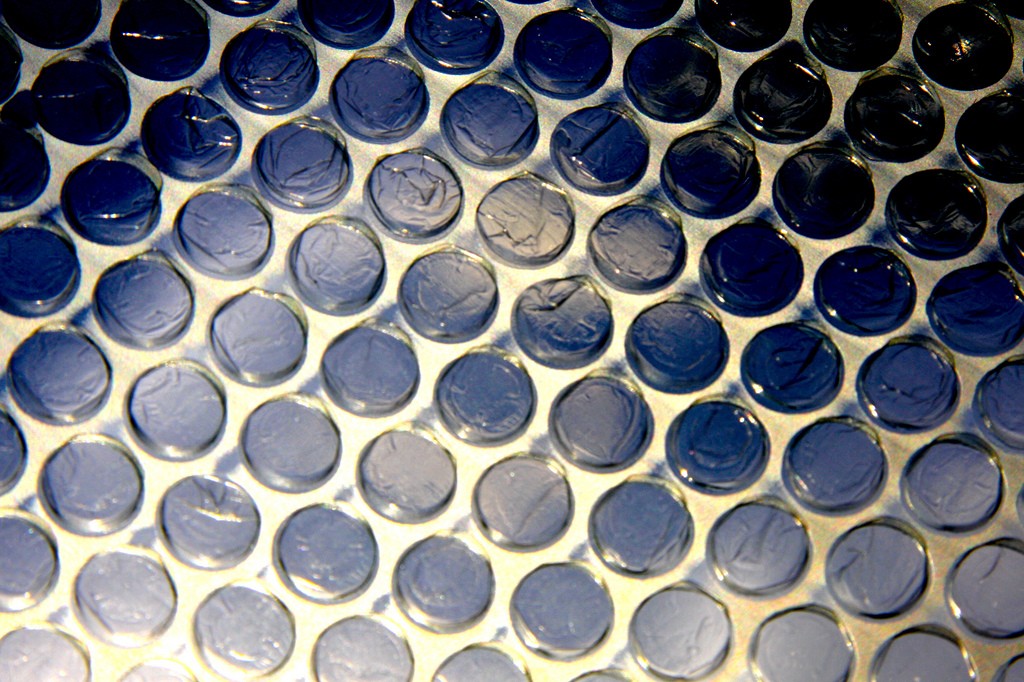
There are quality alcohol treatment facilities and programs across the country and they deal with all aspects of addiction and recovery. While it may take a person a lot of years to reach the point of seeking help and even acknowledging they have a problem with drinking, it is a relief to know there are many qualified treatment programs available.
 In a National Survey on Drug Use and Health from 2008, the number of current heroin users (using in the past month), who were twelve years old or older in the U.S. rose from 153,000 users the previous year to 213,000. First-time users of heroin who were twelve or older numbered 114,000 in 2008.
In a National Survey on Drug Use and Health from 2008, the number of current heroin users (using in the past month), who were twelve years old or older in the U.S. rose from 153,000 users the previous year to 213,000. First-time users of heroin who were twelve or older numbered 114,000 in 2008.

